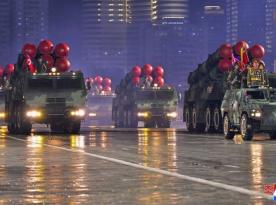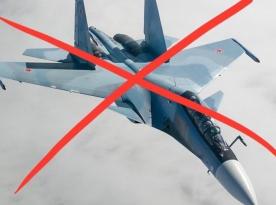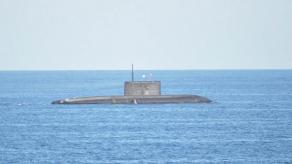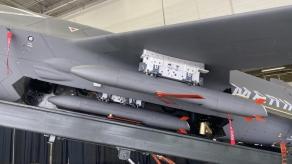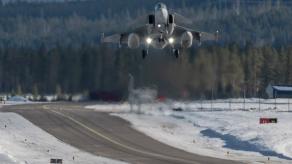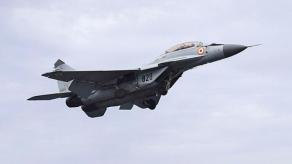Ukrainian forces are increasingly turning to interceptor drones to defend against the persistent threat posed by russian-launched Shahed kamikaze drones. According to Colonel Yurii Ihnat, head of the Communication Department of the Ukrainian Air Force Command, these domestically operated systems have already been instrumental in destroying well over a hundred Shahed drones.
In a recent broadcast of the Donbas Realii project, Yurii Ihnat highlighted the success of these counter-drone efforts, stressing that the use of interceptor UAVs has moved beyond an experimental stage and is now proving its worth in real-world conditions.
Read more: Ukraine’s Liutyi Drones Halt Shahed Production at russia’s Kupol Plant in Izhevsk
"A few months ago, over a hundred Shahed drones had already been taken down this way. By now, the number is significantly higher, and the capabilities are still expanding," he noted.
Looking ahead, Yurii Ihnat said that all branches of Ukrainian forces are expected to include specialized units dedicated to countering enemy drones using interceptors. These units will likely operate alongside mobile fire teams, forming a multi-layered defensive network aimed at neutralizing UAV threats in both frontline and rear areas.
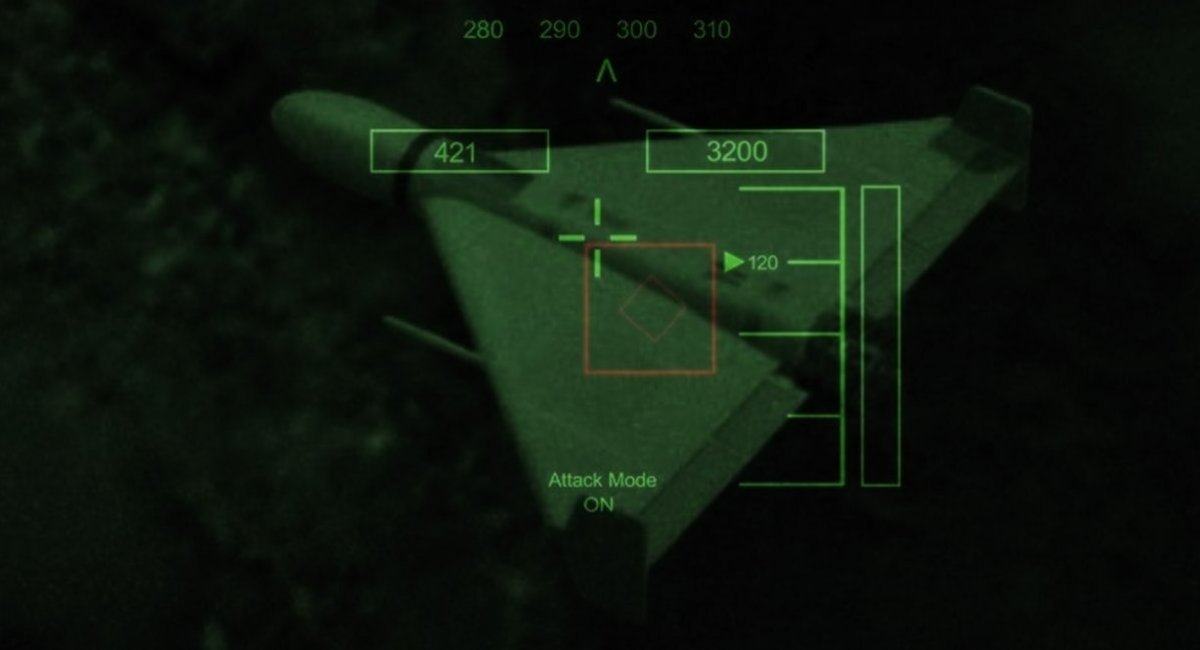
Special emphasis is being placed on protecting strategic sites and critical infrastructure in cities located far from the front lines. These locations often house key industrial facilities and civilian infrastructure, making them frequent targets for long-range drone strikes. The presence of dedicated drone-interceptor teams in these zones is seen as a cost-effective and agile defense solution.
Initially, such systems were deployed mainly to counter russian reconnaissance drones. However, as Ukraine's experience and technological base have grown, these UAVs are now being successfully deployed against the Shahed-131/136 drones, loitering munitions frequently used by russia in saturation attacks on Ukrainian cities.
Significantly, some of Ukraine's interceptor drones are already capable of autonomous operation, meaning they can detect and engage enemy UAVs without direct human control. This development marks a major leap forward in drone warfare and reflects Ukraine's growing competence in autonomous defense technologies.
As the war evolves, Ukraine continues to innovate in air defense, increasingly relying on agile, scalable, and locally produced solutions like interceptor drones. These systems are helping to plug gaps in traditional air defense coverage and could serve as a model for other nations facing drone threats in the future.
Read more: Ukraine Targeted IEMZ Kupol, Shahed Drone Assembly Site — for This, Ukrainian Liutyi Drone Sacrificed a Crucial System





